Recombinant Zaire ebolavirus Envelope glycoprotein (GP), partial
-
货号:CSB-YP310843ZAA
-
规格:¥2616
-
图片:
-
其他:
产品详情
-
纯度:Greater than 90% as determined by SDS-PAGE.
-
基因名:GP
-
Uniprot No.:
-
别名:GP; Envelope glycoprotein; GP1,2; GP) [Cleaved into: GP1; GP2; GP2-delta]
-
种属:Zaire ebolavirus (strain Eckron-76) (ZEBOV) (Zaire Ebola virus)
-
蛋白长度:Partial
-
来源:Yeast
-
分子量:17.3kDa
-
表达区域:502-637aa
-
氨基酸序列EAIVNAQPKCNPNLHYWTTQDEGAAIGLAWIPYFGPAAEGIYTEGLMHNQNGLICGLRQLANETTQALQLFLRATTELRTFSILNRKAIDFLLQRWGGTCHILGPDCCIEPHDWTKNITDKIDQIIHDFVDKTLPD
Note: The complete sequence including tag sequence, target protein sequence and linker sequence could be provided upon request. -
蛋白标签:N-terminal 6xHis-tagged
-
产品提供形式:Liquid or Lyophilized powder
Note: We will preferentially ship the format that we have in stock, however, if you have any special requirement for the format, please remark your requirement when placing the order, we will prepare according to your demand. -
缓冲液:Tris-based buffer,50% glycerol
-
储存条件:Store at -20°C/-80°C upon receipt, aliquoting is necessary for mutiple use. Avoid repeated freeze-thaw cycles.
-
保质期:The shelf life is related to many factors, storage state, buffer ingredients, storage temperature and the stability of the protein itself.
Generally, the shelf life of liquid form is 6 months at -20°C/-80°C. The shelf life of lyophilized form is 12 months at -20°C/-80°C. -
货期:Basically, we can dispatch the products out in 1-3 working days after receiving your orders. Delivery time may differ from different purchasing way or location, please kindly consult your local distributors for specific delivery time.Note: All of our proteins are default shipped with normal blue ice packs, if you request to ship with dry ice, please communicate with us in advance and extra fees will be charged.
-
注意事项:Repeated freezing and thawing is not recommended. Store working aliquots at 4°C for up to one week.
-
Datasheet & COA:Please contact us to get it.
相关产品
靶点详情
-
功能:Trimeric GP1,2 complexes form the virion surface spikes and mediate the viral entry processes, with GP1 acting as the receptor-binding subunit and GP2 as the membrane fusion subunit. At later times of infection, downregulates the expression of various host cell surface molecules that are essential for immune surveillance and cell adhesion. Down-modulates several integrins including ITGA1, ITGA2, ITGA3, ITGA4, ITGA5, ITGA6, ITGAV and ITGB1. This decrease in cell adhesion molecules may lead to cell detachment, contributing to the disruption of blood vessel integrity and hemorrhages developed during infection (cytotoxicity). Interacts with host TLR4 and thereby stimulates the differentiation and activation of monocytes leading to bystander death of T-lymphocytes. Downregulates as well the function of host natural killer cells. Counteracts the antiviral effect of host BST2/tetherin that restricts release of progeny virions from infected cells. However, cooperates with VP40 and host BST2 to activate canonical NF-kappa-B pathway in a manner dependent on neddylation.; Functions as a decoy for anti-GP1,2 antibodies thereby contributing to viral immune evasion. Interacts and activates host macrophages and dendritic cells inducing up-regulation of cytokine transcription. This effect is mediated throught activation of host TLR4.; Responsible for binding to the receptor(s) on target cells. Interacts with CD209/DC-SIGN and CLEC4M/DC-SIGNR which act as cofactors for virus entry into dendritic cells (DCs) and endothelial cells. Binding to the macrophage specific lectin CLEC10A also seems to enhance virus infectivity. Interaction with FOLR1/folate receptor alpha may be a cofactor for virus entry in some cell types, although results are contradictory. Members of the Tyro3 receptor tyrosine kinase family also seem to be cell entry factors in filovirus infection. Once attached, the virions are internalized through clathrin-dependent endocytosis and/or macropinocytosis. After internalization of the virus into the endosomes of the host cell, proteolysis of GP1 by two cysteine proteases, CTSB/cathepsin B and CTSL/cathepsin L removes the glycan cap and allows GP1 binding to the host entry receptor NPC1. NPC1-binding, Ca(2+) and acidic pH induce a conformational change of GP2, which unmasks its fusion peptide and permit membranes fusion.; Acts as a class I viral fusion protein. Under the current model, the protein has at least 3 conformational states: pre-fusion native state, pre-hairpin intermediate state, and post-fusion hairpin state. During viral and target cell membrane fusion, the coiled coil regions (heptad repeats) assume a trimer-of-hairpins structure, positioning the fusion peptide in close proximity to the C-terminal region of the ectodomain. The formation of this structure appears to drive apposition and subsequent fusion of viral and target cell membranes. Responsible for penetration of the virus into the cell cytoplasm by mediating the fusion of the membrane of the endocytosed virus particle with the endosomal membrane. Low pH in endosomes induces an irreversible conformational change in GP2, releasing the fusion hydrophobic peptide.
-
亚细胞定位:[GP2]: Virion membrane; Single-pass type I membrane protein. Host cell membrane; Single-pass type I membrane protein.; [GP1]: Virion membrane; Peripheral membrane protein. Host cell membrane; Peripheral membrane protein.; [Shed GP]: Secreted.
-
蛋白家族:Filoviruses glycoprotein family
Most popular with customers
-
Express system: Mammalian cell
Species: Homo sapiens (Human)
-
Recombinant Human Heat-stable enterotoxin receptor (GUCY2C), partial (Active)
Express system: Mammalian cell
Species: Homo sapiens (Human)
-
Recombinant Rat Intestinal-type alkaline phosphatase 1 (Alpi) (Active)
Express system: Mammalian cell
Species: Rattus norvegicus (Rat)
-
Express system: Mammalian cell
Species: Homo sapiens (Human)
-
Recombinant Human Claudin-9 (CLDN9)-VLPs (Active)
Express system: Mammalian cell
Species: Homo sapiens (Human)
-
Recombinant Human Claudin-6 (CLDN6)-VLPs (Active)
Express system: Mammalian cell
Species: Homo sapiens (Human)
-
Recombinant Human Lymphocyte antigen 6 complex locus protein G6d (LY6G6D) (Active)
Express system: Yeast
Species: Homo sapiens (Human)
-
Recombinant Human Claudin-6 (CLDN6)-VLPs, Fluorescent (Active)
Express system: Mammalian cell
Species: Homo sapiens (Human)

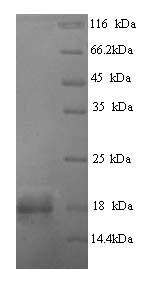

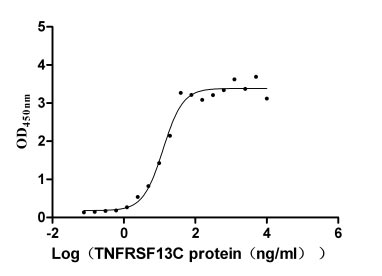
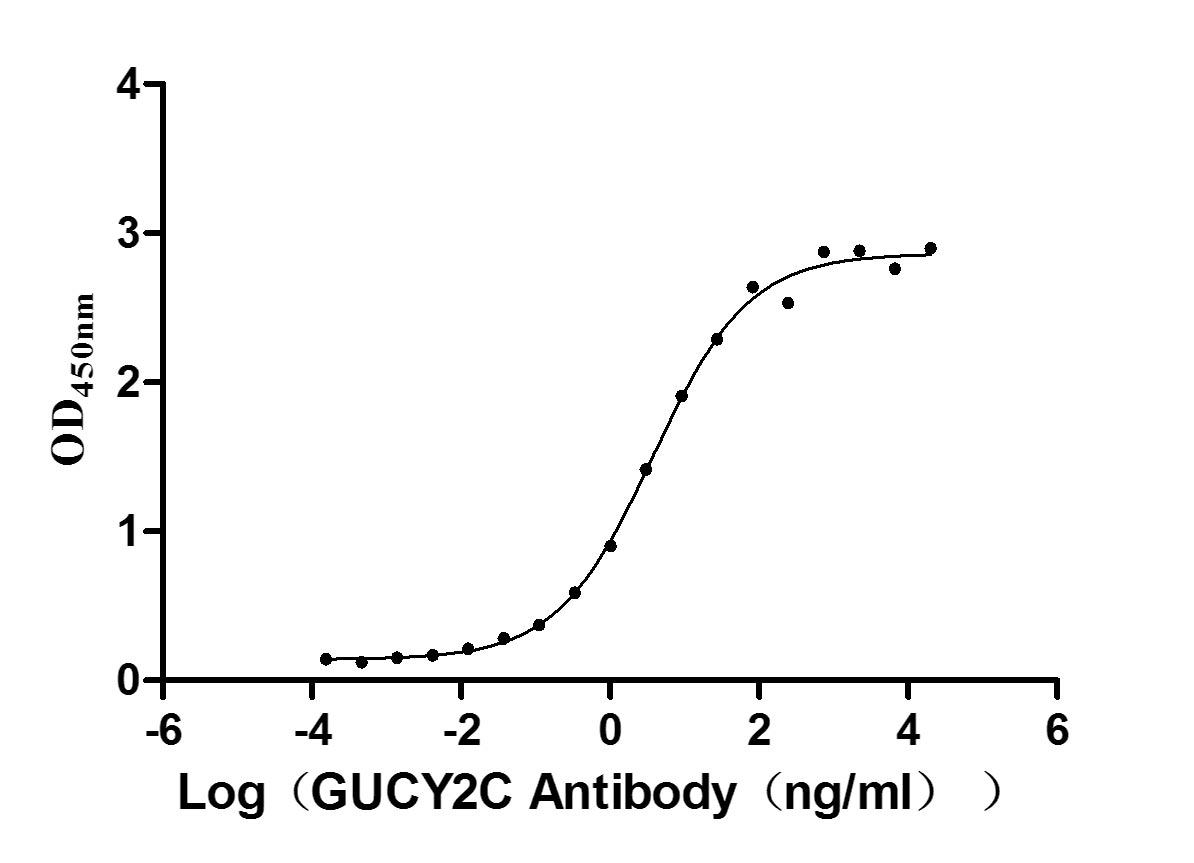

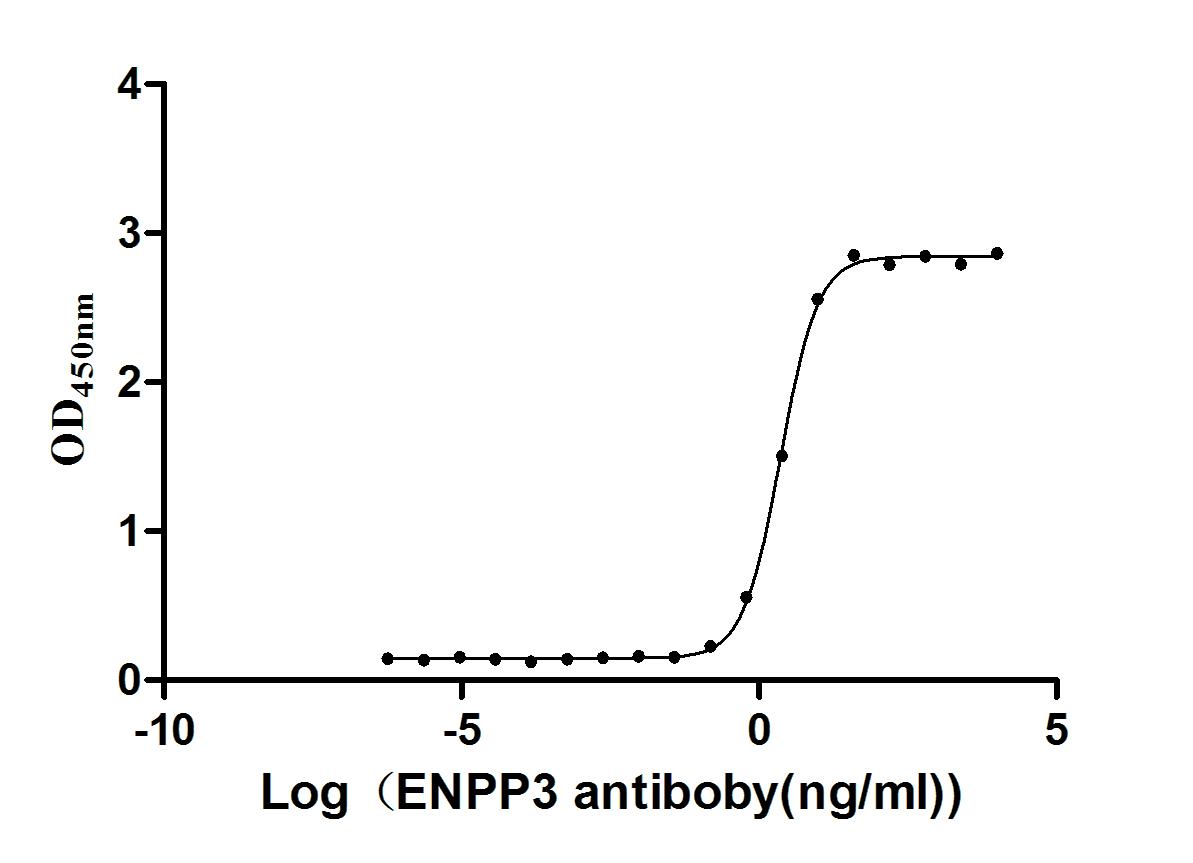
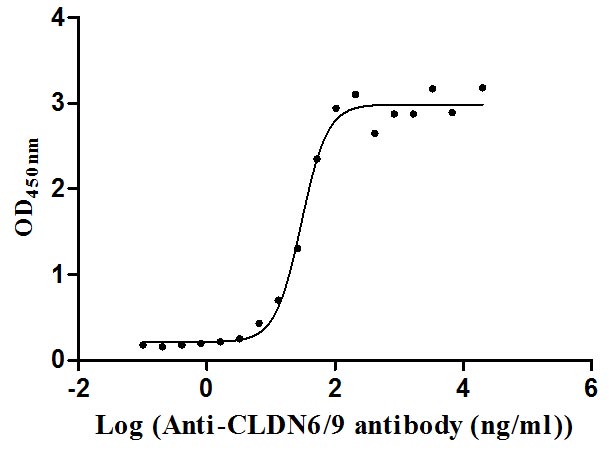
-AC1.jpg)
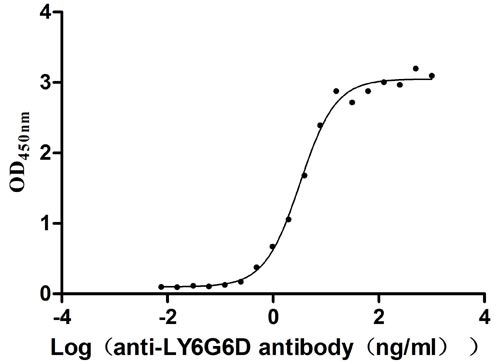
f4-AC1.jpg)










